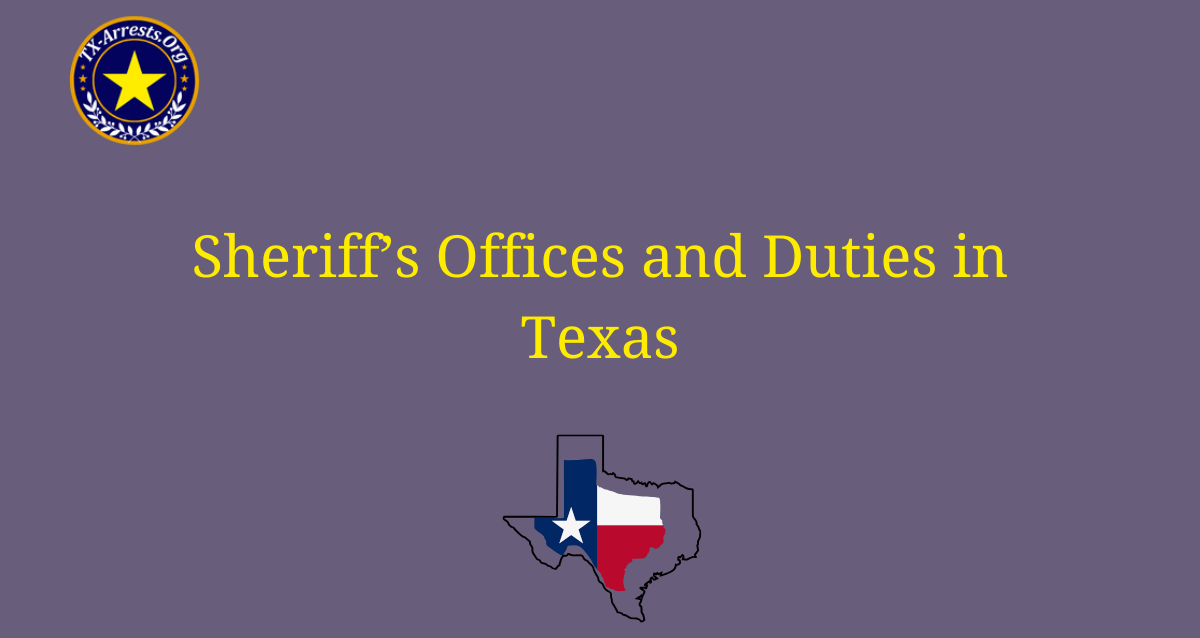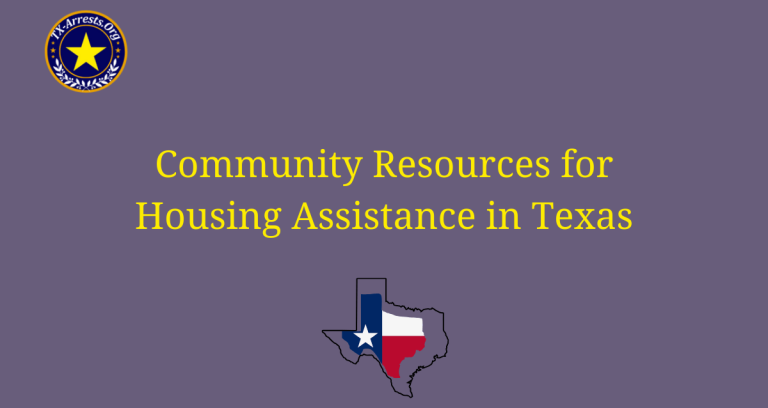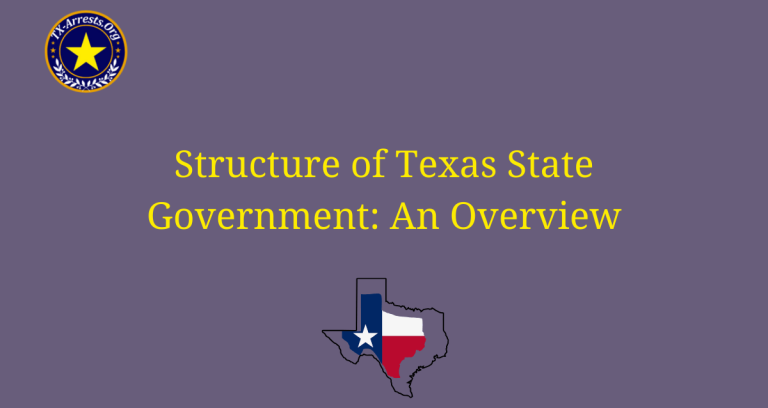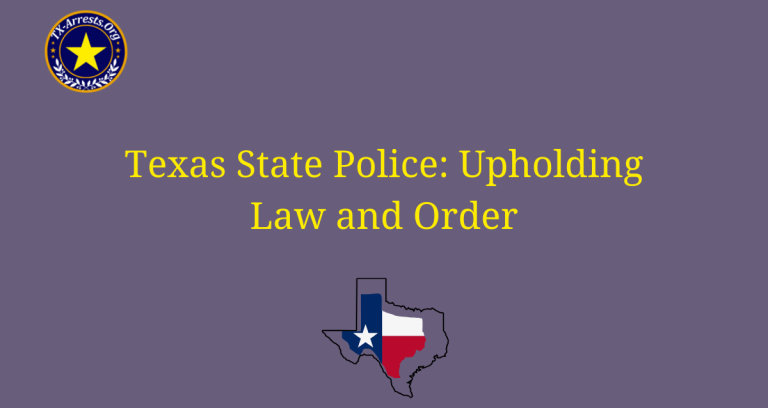Sheriff’s Offices and Duties in Texas

In Texas, the Sheriff’s Office plays a crucial role in maintaining law and order within the state. As the highest ranking law enforcement officer in the county, the Sheriff is responsible for a wide range of duties and responsibilities. From providing security in the courts, to serving warrants and subpoenas, the Sheriff’s Office ensures the safety and well-being of the community.
Additionally, the Sheriff’s Office is responsible for managing and operating county jails, overseeing the transportation of prisoners, and executing court-ordered judgments, such as evictions and foreclosures. The Sheriff also works closely with other law enforcement agencies, such as the Texas Department of Public Safety and local police departments, to coordinate efforts and enforce the law effectively.
The Duties of the Sheriff’s Office
The Sheriff’s Office in Texas has a wide range of duties and responsibilities. These include maintaining law and order within the state, serving warrants and subpoenas, and providing security in the courts. The Sheriff is the highest ranking law enforcement officer in the county and ensures the safety and well-being of the community.
Ensuring Public Safety
One of the primary responsibilities of the Sheriff’s Office is to ensure public safety. This includes coordinating efforts with other law enforcement agencies, such as the Texas Department of Public Safety and local police departments. By working together, they can effectively enforce the law and protect the community from criminal activities.
Managing County Jails
The Sheriff’s Office is also responsible for managing and operating county jails. This involves overseeing the transportation of prisoners and ensuring their safety and well-being while in custody. The Sheriff must ensure that the jails meet the necessary standards and provide proper care for the inmates.
Executing Court-Ordered Judgments
Another important duty of the Sheriff’s Office is to execute court-ordered judgments. This includes carrying out evictions and foreclosures as ordered by the court. The Sheriff must ensure that these judgments are executed in a lawful and fair manner, while also considering the rights and well-being of all parties involved.
Coordinating with Other Agencies
The Sheriff’s Office works closely with other law enforcement agencies to coordinate efforts and share resources. This collaboration is crucial in maintaining law and order within the state. By pooling their expertise and resources, they can effectively address and respond to various law enforcement challenges that may arise.
Ensuring Effective Law Enforcement
The ultimate goal of the Sheriff’s Office is to ensure effective law enforcement. This involves enforcing the law, apprehending criminals, and maintaining peace and order within the community. The Sheriff plays a crucial role in leading and guiding the deputies and officers under their command to achieve this objective.
FAQs
What are the duties of a Sheriff’s Office in Texas?
A Sheriff’s Office in Texas is responsible for maintaining law and order in the county, ensuring public safety, and protecting the rights of citizens. They enforce state laws, serve warrants, make arrests, and provide security for the courts.
How does a Sheriff’s Office differ from a local police department in Texas?
While both Sheriff’s Offices and local police departments enforce the law, Sheriff’s Offices have jurisdiction over the entire county, whereas local police departments operate within specific cities or towns. Sheriff’s Offices also have additional responsibilities such as running county jails and providing court security.
What qualifications are required to become a Sheriff in Texas?
To become a Sheriff in Texas, candidates must be at least 18 years old, have a high school diploma or equivalent, and be a U.S. citizen. They must also complete training at a law enforcement academy and pass a background check.
Can a Sheriff’s Office in Texas conduct investigations?
Yes, Sheriff’s Offices in Texas have the authority to conduct investigations. They often work in collaboration with other law enforcement agencies to solve crimes, gather evidence, and interview witnesses. They may also have specialized units for specific types of investigations, such as narcotics or homicide.
How are Sheriff’s Offices funded in Texas?
Sheriff’s Offices in Texas are primarily funded through county budgets. The county commissioners allocate funds for salaries, equipment, training, and other operational expenses. In some cases, Sheriff’s Offices may also receive grants or funding from state or federal agencies.
Do Sheriff’s Offices in Texas provide services to rural areas?
Yes, Sheriff’s Offices in Texas are responsible for providing law enforcement services to both urban and rural areas within the county. This includes patrolling rural areas, responding to emergencies, and investigating crimes. They play a crucial role in ensuring the safety and security of all residents, regardless of their location.






